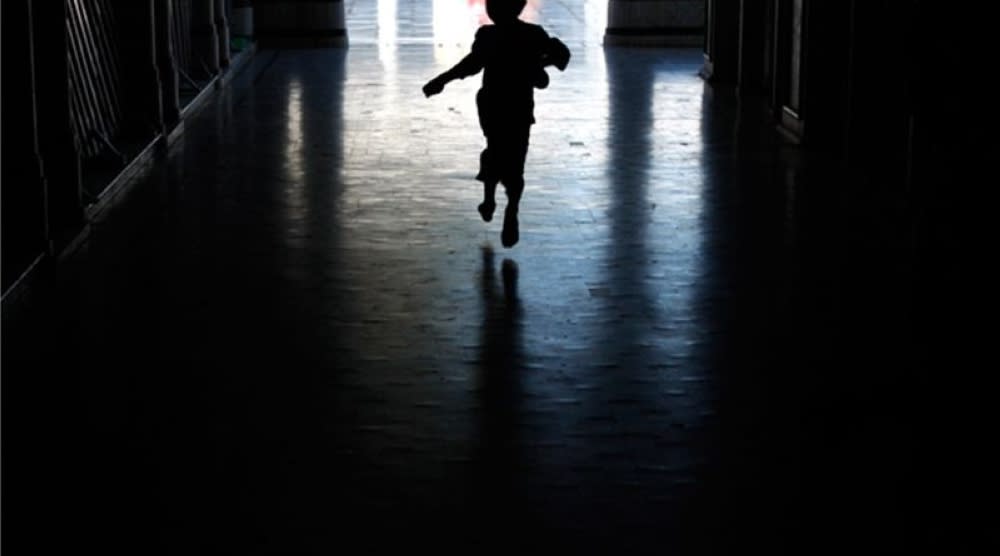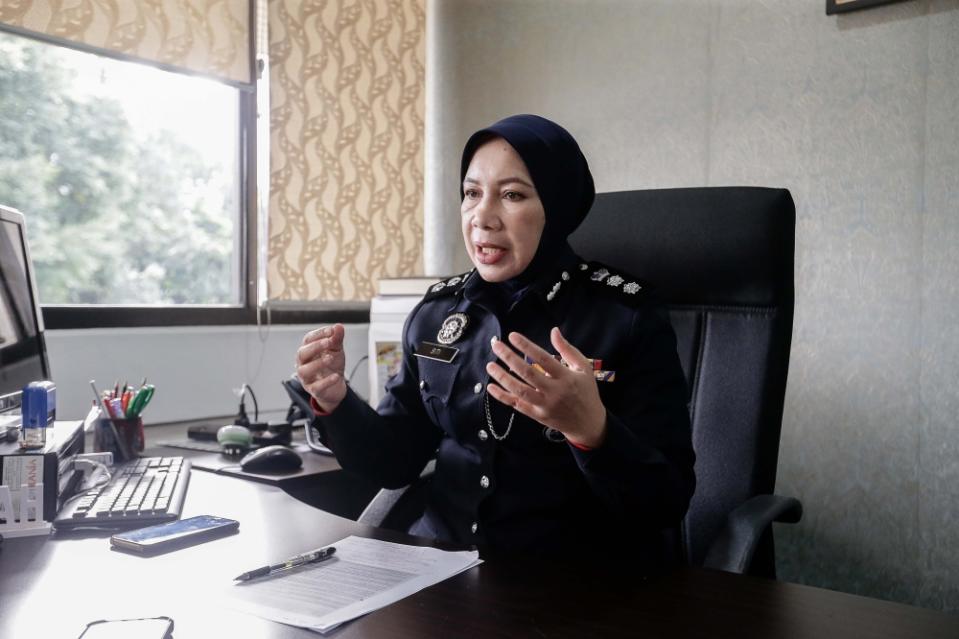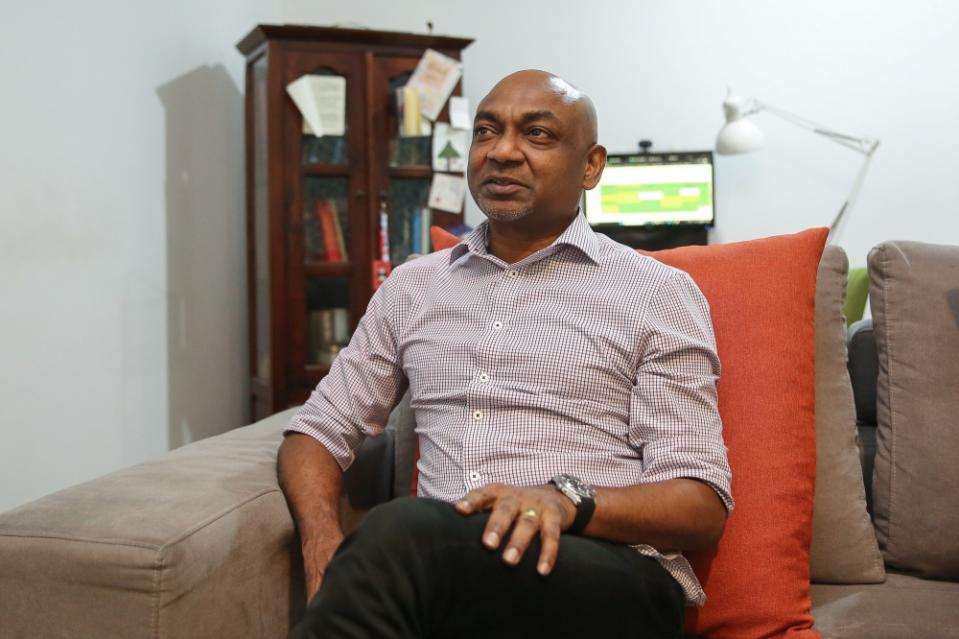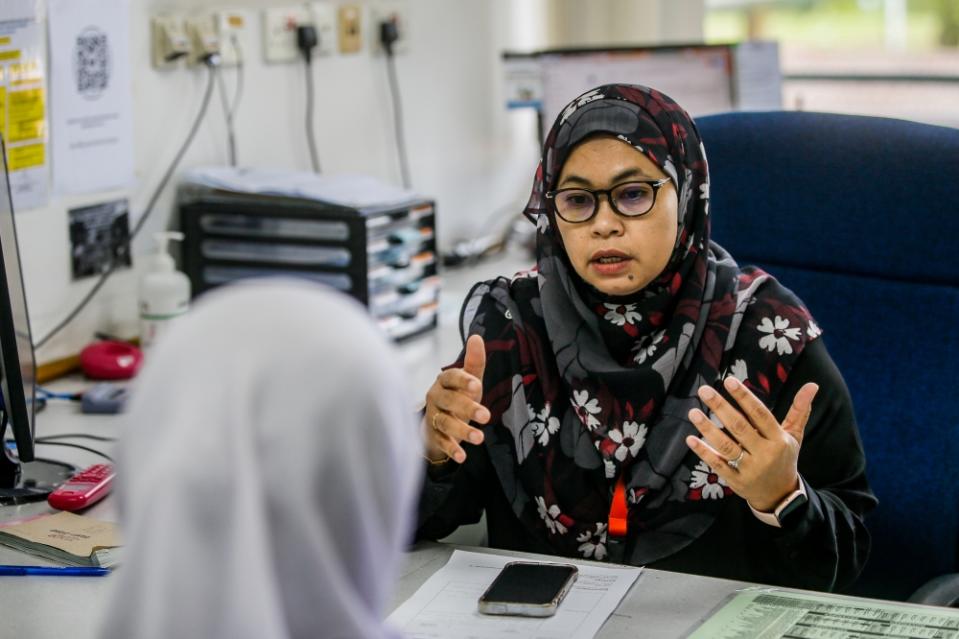Experts urge holistic approach to child-on-child sexual abuse, support for both victims and perpetrators

KUALA LUMPUR, June 6 — Underage perpetrators of child sexual abuse should be viewed as victims themselves, necessitating a multi-pronged approach to address the issue and mitigate long-term effects, mental health experts have suggested.
They said it is necessary to enhance parenting skills and address negligent parenting styles, which are frequently identified as contributing factors.
It was previously reported that minors are becoming sexual predators themselves and abusing other children, some of whom are below the age of 10.
In an interview with a local daily, Bukit Aman’s Sexual, Women and Child Investigation Division’s (D11) principal assistant Director Assistant Commissioner of Police Siti Kamsiah Hassan said there were 912 reported cases of sexual crimes involving underage suspects last year.
These included 601 instances of rape, 17 cases of outrage of modesty, 18 incidents of unnatural sex, 23 reports of sexual harassment, and three cases related to the distribution or possession of obscene materials.
She added that police also recorded 215 physical sexual assault on children cases, nine non-physical sexual assault as well as five grooming cases involving underaged suspects, adding that 20 suspects below the age of 18 were involved in attempts to use a child for child sexual abuse material.
Raintree Specialist Clinic’s consultant psychiatrist, Dr Subash Kumar Pillai told Malay Mail that many psychological factors can contribute to this behaviour.
“We often find that children that have abusive behaviours are often abused themselves. Usually and unfortunately, from their own home. They may be mimicking what their parents are doing to each other or worse what is being done to them. Children often look up to parents as their role models. Their early understanding of affection may come from the intimate interaction between their parents.
“Families of course play a huge and significant role in the growth of the individual. Most of us seem to follow many behaviours unconsciously by our parents. Unfortunately, both good and bad. This may be one reason the cycle of abuse continues. They look for similar abusive relationships which are illogical but logical at an unconscious level.

Bukit Aman’s Sexual, Women and Child Investigation Division’s (D11) principal assistant Director Assistant Commissioner of Police Siti Kamsiah Hassan said there were 912 reported cases of sexual crimes involving underage suspects last year. — Picture by Sayuti Zainudin
“We need to understand that the child perpetrator here is a victim of circumstances as well. And we cannot judge the child. We must find the causal factors and address them individually. Therapy takes time and correcting negative behaviours is not as simple as taking paracetamol...often taking months or years of therapy,” he said.
He emphasised that the most effective treatment approach combines addressing parental guidance with psychological support for the child.
For younger children unable to engage in formal therapy, the involvement of play therapists may be necessary.
“In cases where children are involved, it is extremely important to have multiple agencies involved in the management. The involvement of both paediatrician, child psychiatrist, social welfare, obstetrics and gynaecology where needed, is important so that the protection and well-being of both the victim and child as well as parents are looked into,” he added.
Dr Subash concurred that such interventions are often extremely complicated, requiring extensive hours and sessions with both the children and parents, further compounded by potential legal complexities.
Prof Dr Zubaidah Jamil Osman from the Management and Science University’s (MSU) psychiatry department agreed with Dr Subash.
Dr Zubaidah explained that the risk of sexually abused children in early adolescence perpetrating abuse on other children could be associated with their adverse childhood experiences, which are independent of sexual victimisation.
She said exposure to persistent family violence may be a particularly significant risk factor contributing to this behaviour.
“In addition to a stressful family environment that leads to neglect and low self-esteem in children, unmonitored access to technology, poor communication and loneliness, children who do not have a clear understanding of boundaries are also highly unlikely to distinguish between appropriate and inappropriate behaviour. They may not understand when someone has violated their boundaries or when they have violated the boundaries of someone else.
“With an unclear understanding of what constitutes abuse, they are less likely to disclose any sexually abusive behaviour they witness, experience, or hear about. They may also engage in or demonstrate inappropriate behaviour that could draw the attention of potential perpetrators,” Dr Zubaidah, who is also a clinical psychologist at the Prince Court Medical Centre, said.

Raintree Specialist Clinic’s consultant psychiatrist Dr Subash Kumar Pillai said the most effective treatment approach combines addressing parental guidance with psychological support for the child. For younger children unable to engage in formal therapy, the involvement of play therapists may be necessary. — Picture by Yusof Mat Isa
Dr Zubaidah also advocated a family-centred approach to treatment for child perpetrators of sexual abuse. This approach recognises that in most cases, the affected child will eventually return to their family environment, necessitating the need to involve and support the family in the treatment process, to help the child understand and modify their behaviour effectively.
She further emphasised the importance of addressing specific issues in the treatment of child sex offenders.
“These include recognising the unique characteristics of the children, considering the implications of mandated versus voluntary treatment, conducting comprehensive offender assessments, setting appropriate treatment goals, and implementing relapse prevention strategies,” she said.
Dr Zubaidah when asked about the recommended strategies for parents and caregivers to create a safe and supportive environment for children who have experienced or perpetrated sexual abuse said: “A responsive and safe parenting style — that child feels safe to share with them about anything including embarrassing experience.”
“For a start, listen and empathise. There are immediate or short-term or long-term effects on the victim. It is rare for a child to speak directly about sexual abuse. There are several ways of disclosing an abuse event by a child. They can give subtle and indirect statements; the child might be talking about ‘someone’ or ‘a friend’ when they are probably talking about themselves.”
Dr Zubaidah said that a response involving panic, shock, or disbelief, or an overly emotional response can negatively impact the child when the child is already often feeling bad and blaming themselves for the sexual abuse episode affecting them.
“Therefore, a response in which the adult communicates that the abuse was not the child’s fault and that disclosing the information was the right thing to do is recommended. After the child discloses, it is very important for the adult where the child discloses, to take further constructive action. Preparing the child for the potential aftermath of the disclosure is also important.
“For example, if the adult to whom the child disclosed is a mandated reporter, the local child protection agency or law enforcement will have to be notified. If the adult to whom the child disclosed is a non-offending parent, the parent must take steps to protect the child from further abuse, including reporting the abuse to the proper authorities,” she added.

Prof Dr Zubaidah Jamil Osman from the Management and Science University’s (MSU) psychiatry department advocates a family-centred approach to treatment for child perpetrators of sexual abuse. This approach recognises that in most cases, the affected child will eventually return to their family environment, necessitating the need to involve and support the family in the treatment process, to help the child understand and modify their behaviour effectively. — Picture by Hari Anggara
Sex education in schools can play a role in prevention and early intervention
Dr Subash said that educators must recognise that challenging behaviours exhibited by children may stem from deeper underlying issues and such behaviours cannot be effectively addressed through mere punitive measures.
“Children are not capable of sexual acts at an early age and this should alert parents and educators of other possible reasons. I think it’s about time that sex education be taught at schools. It’s really sad to see so many teen pregnancies that could have been avoided. It’s a misunderstanding that teaching sex education means we are teaching them how to have sex at an early age. The contrary is true,” he added.
Dr Zubaidah meanwhile outlined various treatment modalities, including individual and group therapy, assertiveness and social skills training, behaviour therapy, sex education, and cognitive restructuring.
“Additionally, encourage and empower the victim to disclose the report and protect the victim. Whenever it is possible, a school counsellor can be part of the management team to give feedback on the child’s social and personal development at school as well as academic performance.
“When treatment for this population is trauma-focused, structured, and targets the specific symptoms of sexual abuse, it can be effective at reducing short-term and long-term effects,” she added.
Currently, sex education in Malaysian schools is not taught as a stand-alone subject, but incorporated into others such as moral and Islamic studies, science, and biology — with a focus on abstinence. The topic is also branded as taboo.
Last year, the Women, Family and Community Development Minister Datuk Seri Nancy Shukri agreed that there is a need for sex education in schools, adding that she has brought the matter to Cabinet.
Nancy however, indicated that to implement this successfully, it requires an ecosystem within the community and among relevant ministries.
She added that the responsibility to implement this should not fall under the Women, Family and Community Development Ministry alone but should have involvement from various ministries.



